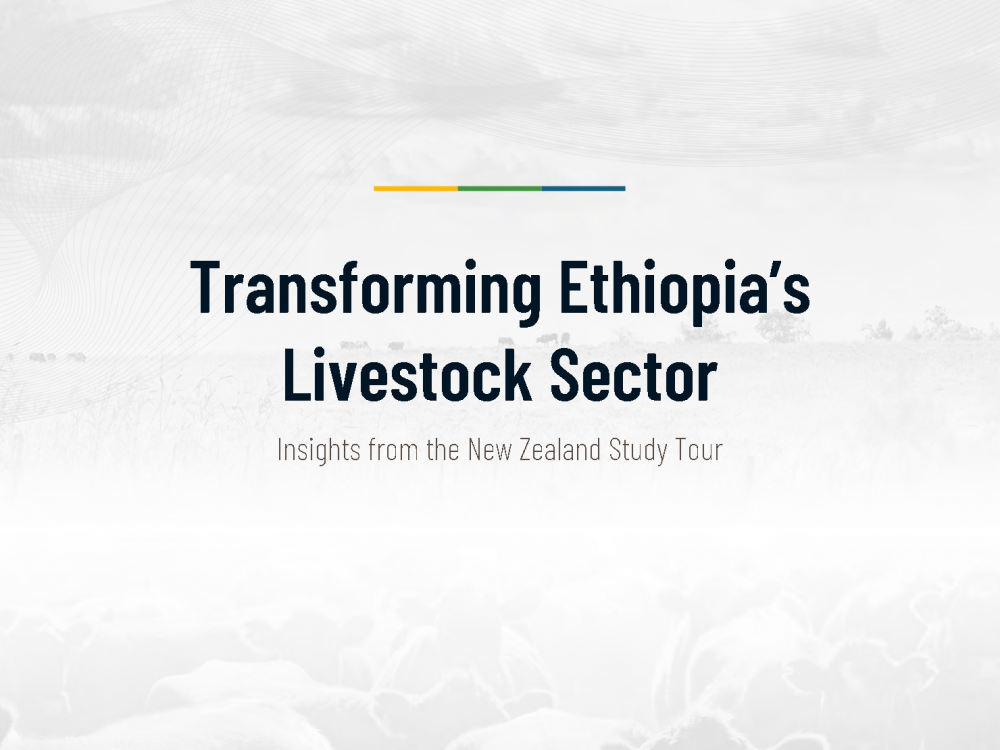
Transforming Ethiopia’s Livestock Sector: Lessons from New Zealand
This policy brief captures lessons from the New Zealand livestock study tour and their relevance for Ethiopia. Aimed at policymakers, system managers, and partners, it highlights how data, institutions, and producers can align for stronger livestock systems, building on ongoing efforts under the aLIVE program.

Explaining Carbon Markets
This brief introduces carbon markets to those in sustainable development, anti-corruption, and civic tech. It unpacks their political context, operational procedures, and the core principles needed to build digitally enabled, high-integrity systems.

Demystifying Interoperability
This paper discusses, in practical terms, what goes into implementing interoperable solutions in partnership with public administrations. Based on 20+ years of DG’s experience, the paper demystifies key components needed to build robust, resilient, and interoperable data systems, focusing on the “how” of data standardization, data governance, and implementing technical infrastructure.
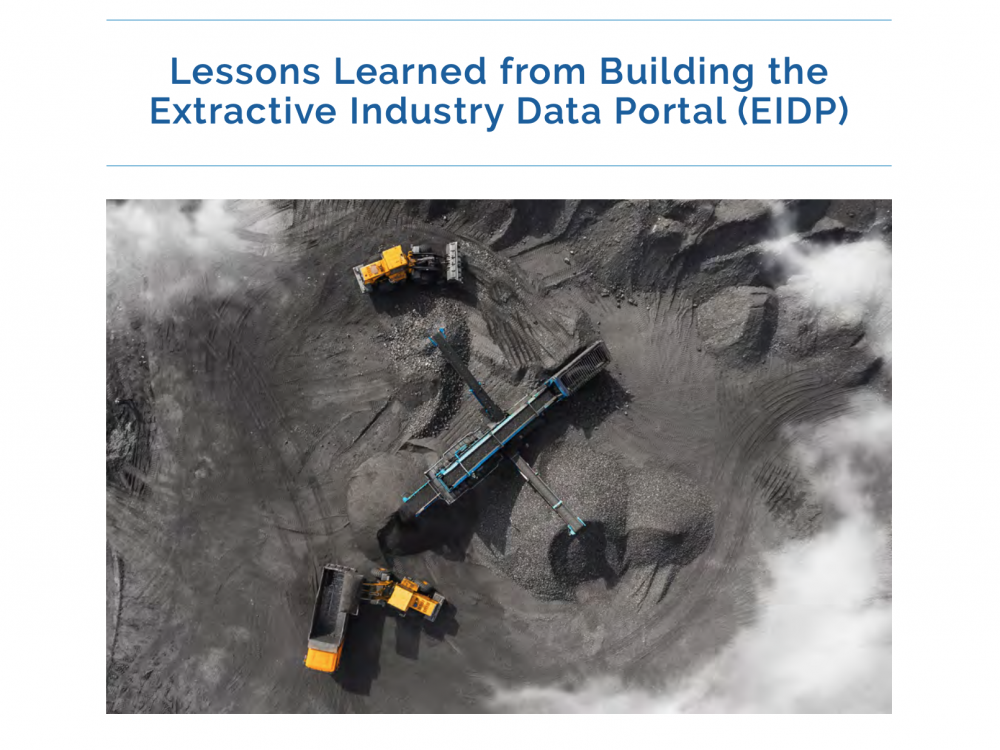
Digitizing Extractive Industries Data
This paper shares the triumphs and challenges of building Extractive Industry Data Portals (EIDPs), tools that can streamline the annual production of extractive industries (EI) sector audit reports. Findings are based on technical assessments conducted by Development Gateway in Guinea, Senegal, and Nigeria; and on DG’s development of a first-phase EIDP in Nigeria.
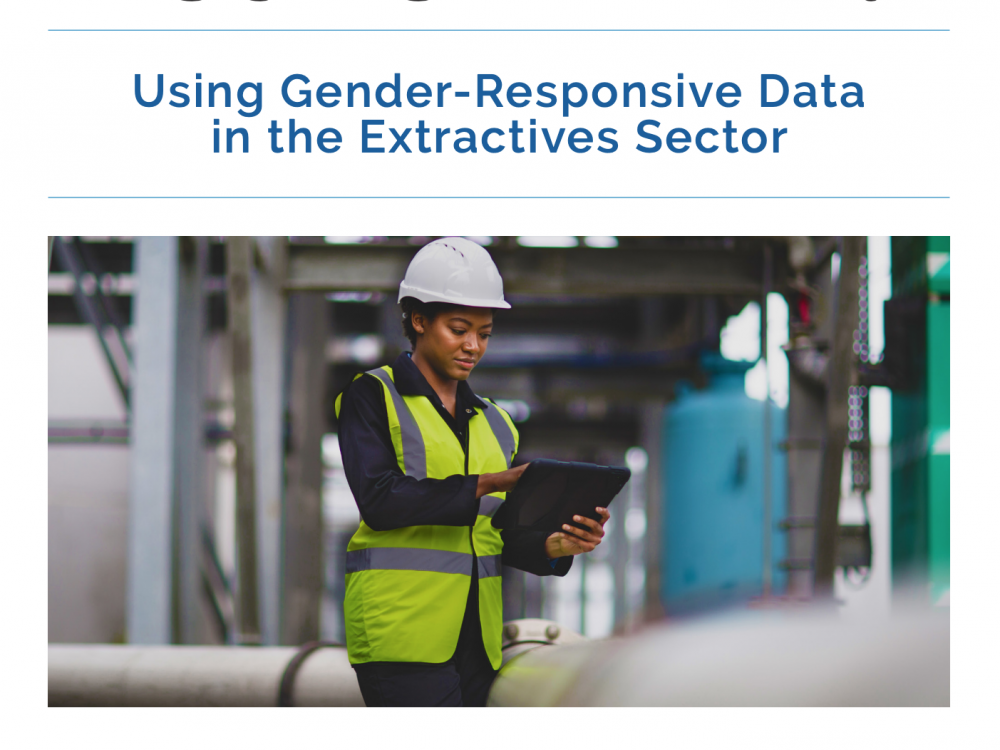
So You’ve Got Gender Data, Now What Will You Do With It?
This policy paper, in English and French, explores the role of gender data and women in the extractives industry (EI). Its goal is to delve into how gender data can be used to improve inclusion, engagement, and support for women in the extractive industries (EI). Funded by the Ford Foundation, this paper is the first in a two-part Policy Paper series that builds on Development Gateway's work in the extractive industry data management. The paper includes lessons learned, gender data findings, and recommendations through our work with Women in Mining Guinea.
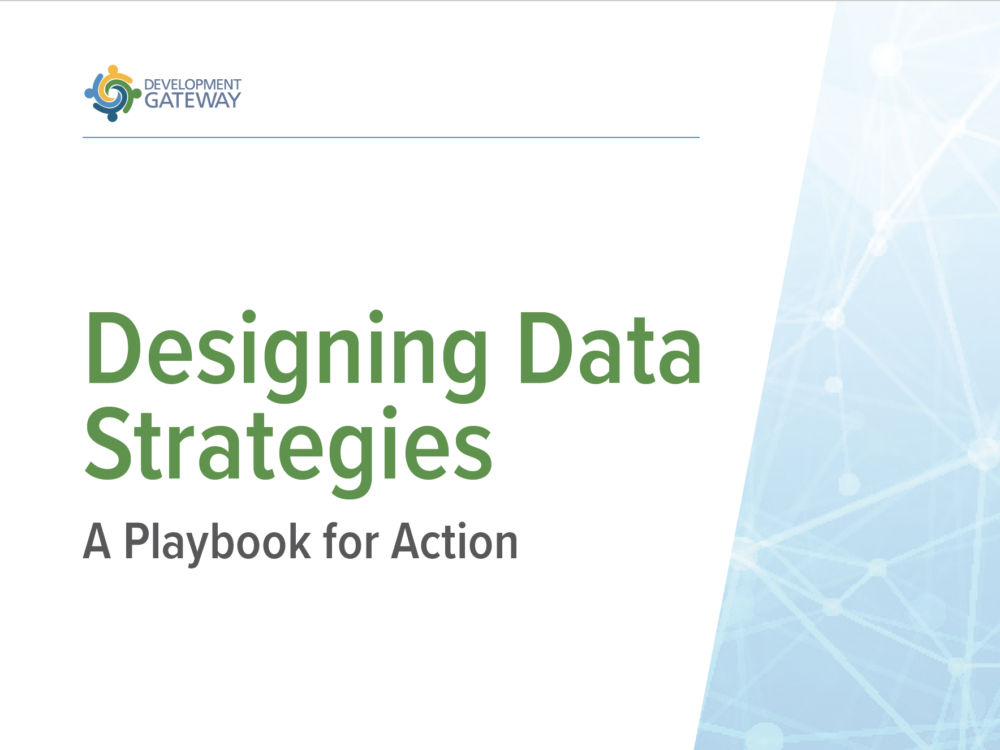
Designing Data Strategies: A Playbook for Action
For most global development and humanitarian agencies, data has historically been either a niche activity or fragmented task. But in the era of a ‘data revolution for sustainable development’ – and in a time of increasing financial scrutiny – institutions increasingly consider data and digital to be a strategic asset. This paper aims to provide a structured overview of lessons learned that may be used by those seeking to develop and implement a data strategy within international development and humanitarian organizations.
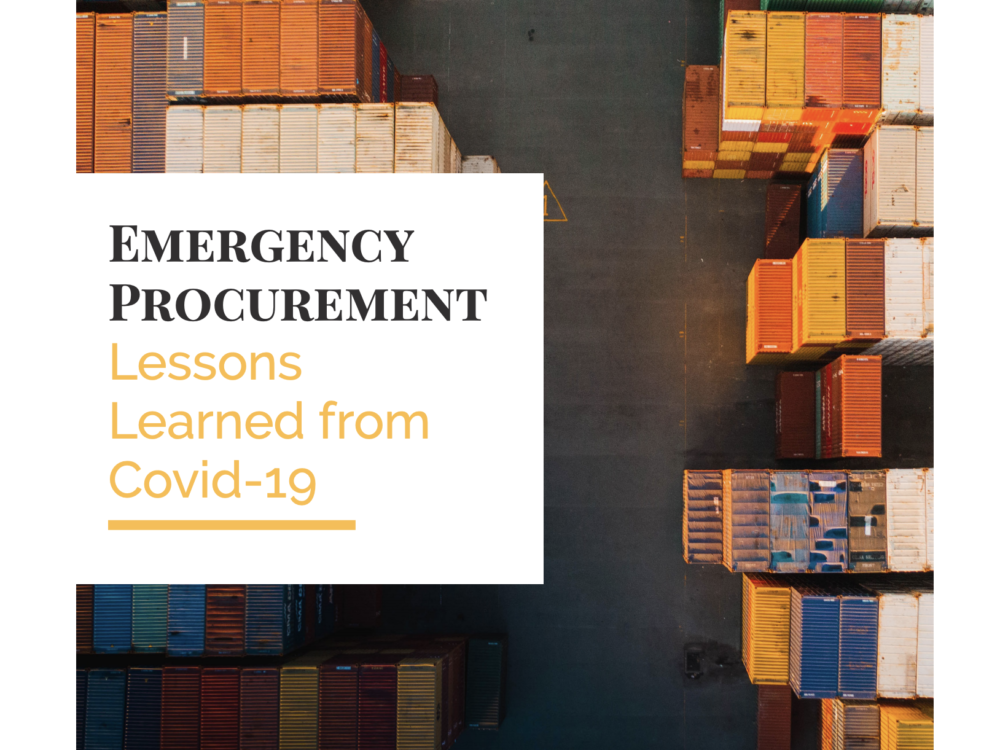
Emergency Procurement: Lessons Learned from Covid-19 Report & Indicator Framework
DG and the Global Digital Marketplace Programme partnered to identify ways to improve government digital procurement effectiveness, efficiency, and transparency. When Covid-19 flipped the world on its head, we developed this roadmap for smarter emergency public procurement. We also provide an indicator framework that governments can use to assess current readiness for purchasing during an emergency, identify focus areas for improvement, and monitor progress.

Delivering Data Where it Counts
Based on case studies that document drivers and the value of subnational data programming, DG and DCLI have developed a set of principles for subnational data use. These principles – and the collection of case studies – are a living document
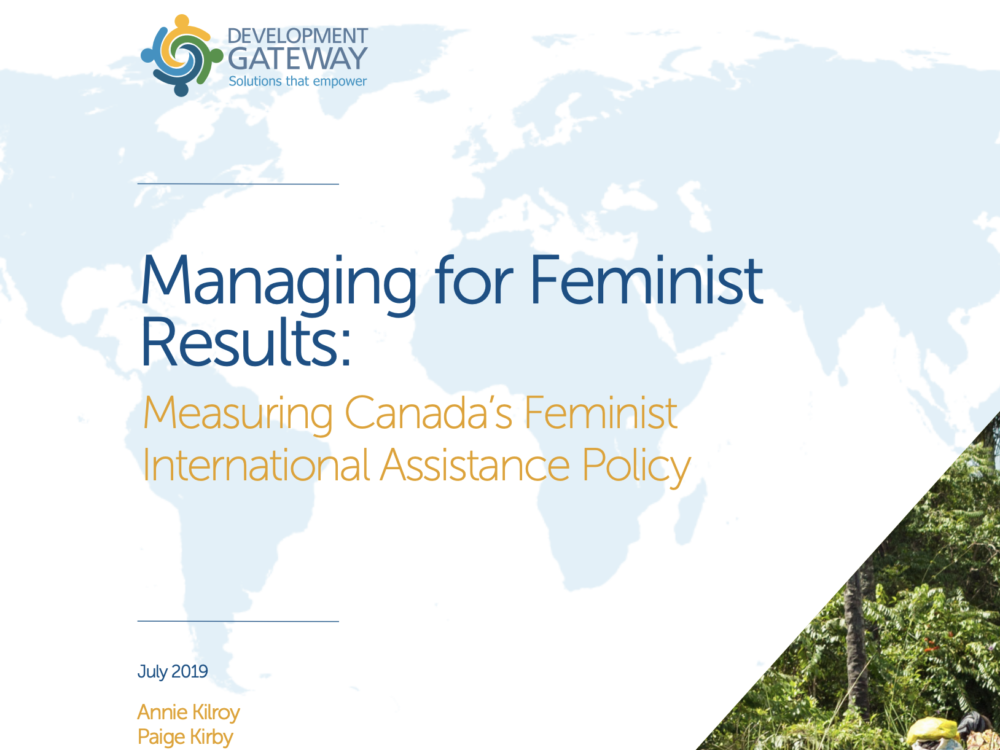
Managing for Feminist Results: Measuring Canada’s Feminist International Assistance
In 2017, Canada rolled out the world's first Feminist International Assistance Policy (FIAP). Through the Results Data Initiative (RDI), we worked with Global Affairs Canada - International Assistance (GAC-IA) to develop its FIAP M&E work plan, design a comprehensive FIAP M&E system to fit within its existing frameworks, and calculate pre-FIAP baseline values for all 26 indicators identified. This paper outlines the challenges and opportunities that development agencies may face when adopting new and/or feminist policies, and provides an overview of how other development agencies can integrate a feminist lens into their M&E frameworks.
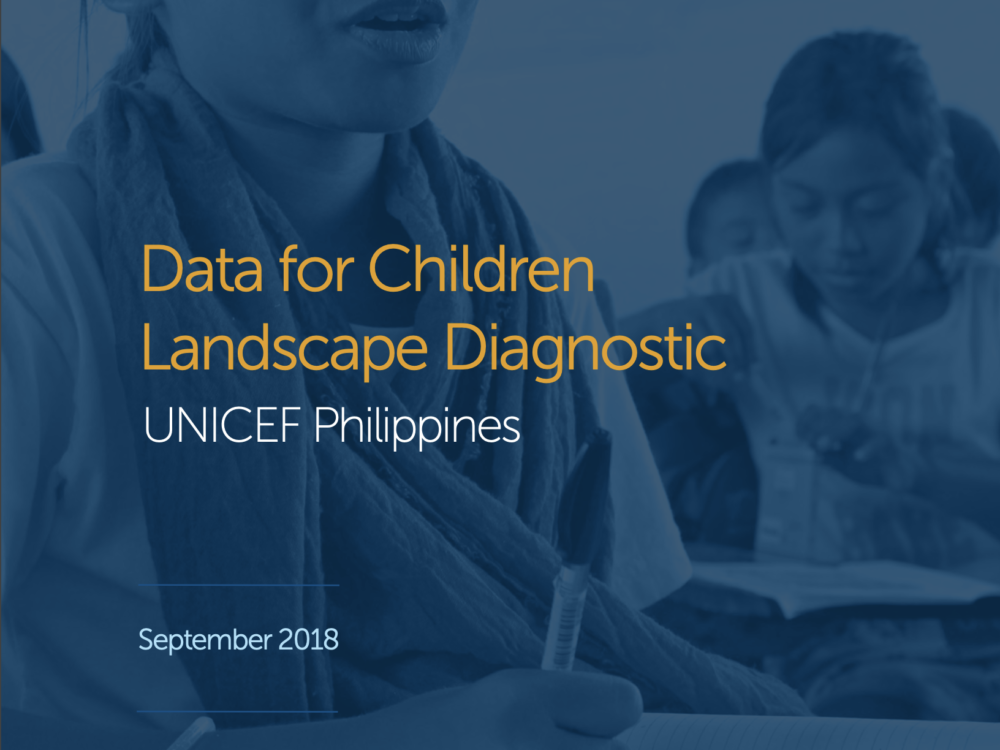
UNICEF Data for Children Landscape Diagnostics
Since 2017, DG has worked across seven countries and two regions to support the roll-out of UNICEF’s Data for Children Strategic Framework. This included developing country ecosystem diagnostics and strategic action plans for UNICEF Country Offices in Myanmar, Papua New Guinea, Philippines, Thailand, Viet Nam, Lesotho, and Ethiopia; and for the UNICEF East Asia and Pacific Regional Office.